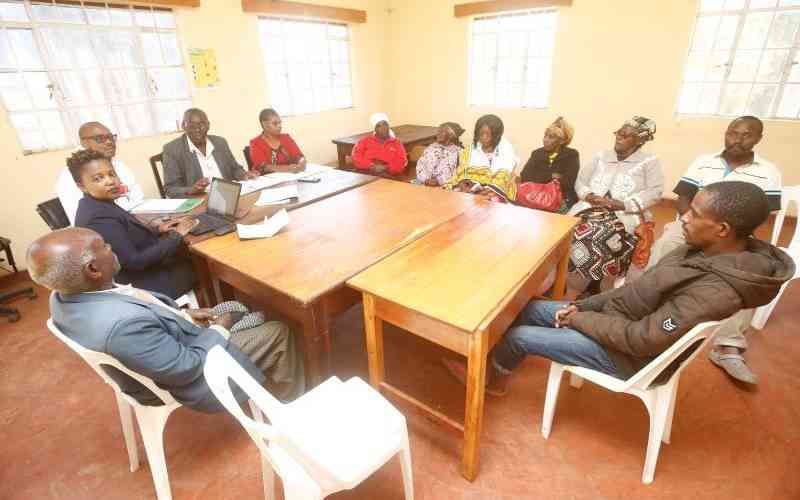×
The Standard e-Paper
Smart Minds Choose Us

This is my 100th article so I thought I should dedicate it to my newfound interest, Alternative Justice System (AJS).
Chief Justice Emeritus Dr Willy Mutunga appointed the Taskforce on the traditional, informal and other mechanisms for dispute resolution to examine the constitutional, legal, and policy options available to comply with Article 159(2)(c) and 159(3) of the Constitution.